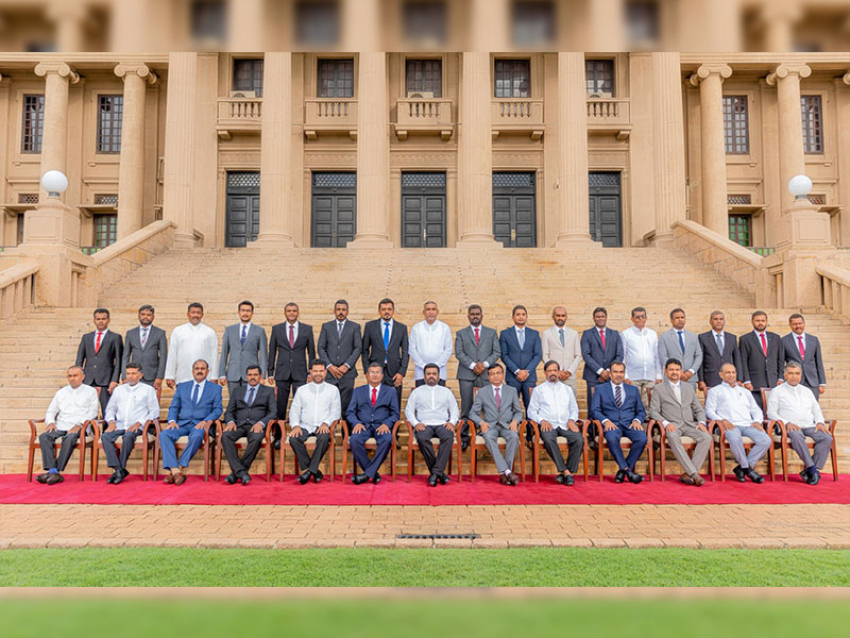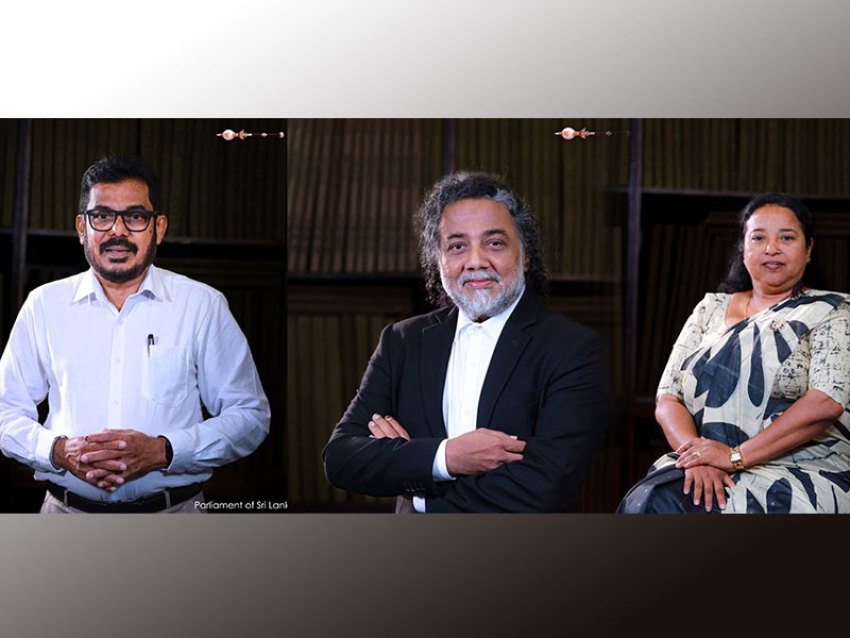The revelation came as searchers hunting for the missing Malaysia Airlines jet raced toward a patch of the southern Indian Ocean to determine whether a few brief sounds picked up by underwater equipment came from the plane's black boxes, whose battery-powered pingers are on the verge of dying out.
Ships scouring a remote stretch of water for the plane that vanished nearly a month ago detected three separate sounds over three days. A Chinese ship picked up an electronic pulsing signal on Friday and again on Saturday, and an Australian ship carrying sophisticated deep-sea acoustic equipment detected a signal in a different area on Sunday, the head of the multinational search said.
The two black boxes contain flight data and cockpit voice recordings that could solve one of the most baffling mysteries in modern aviation: who or what caused Flight 370 to veer radically off course and vanish on March 8 while travelling from Kuala Lumpur, Malaysia, to Beijing with 239 people on board.
But there were questions about whether any of the sounds were the breakthrough that searchers are desperately seeking or just another dead end in a hunt seemingly full of them, with experts expressing doubt that the equipment aboard the Chinese ship was capable of picking up signals from the black boxes.
This is an important and encouraging lead, but one which I urge you to treat carefully," retired Australian Air Chief Marshal Angus Houston, who is co-ordinating the search, told reporters in Perth.
He warned that the sounds were "fleeting, fleeting acoustic events", not the more extended transmissions that would be expected.
"We are dealing with very deep water. We are dealing with an environment where sometimes you can get false indications," Air Chief Marshal Houston said. "There are lots of noises in the ocean, and sometimes the acoustic equipment can rebound, echo if you like."
Searchers are racing against time to find the voice and data recorders. The devices emit "pings" so they can be more easily found, but the batteries last for only about a month.
The British navy ship HMS Echo, which is fitted with sophisticated sound-locating equipment, arrived in the area to join the search, the British military reported.
The Australian navy's Ocean Shield, which is carrying high-tech sound detectors from the US Navy, will also head there, but will first investigate the sound it picked up in its current region, about 300 nautical miles away, Air Chief Marshal Houston said.
Australian military aircraft are also being sent into the Haixun 01's area to investigate, he said.
"This is the most difficult search in human history. We need to be very careful about coming to hard and fast conclusions too soon," Abbott told reporters during a visit to Japan.
Air Chief Marshal Houston, the search co-ordinator, said there had been a correction to satellite data that investigators have been using to calculate the plane's flight path. As a result, starting on Monday, the southern section of the current search zone will be given higher priority than the northern part.The signals detected by the Chinese ship were in the southern section, Air Chief Marshal Houston said.
Up to 12 military and civilian planes and 13 ships took part in the search on Sunday of three areas totalling about 216,000 square kilometres. The areas are about 2000 kilometres north-west of Perth




















